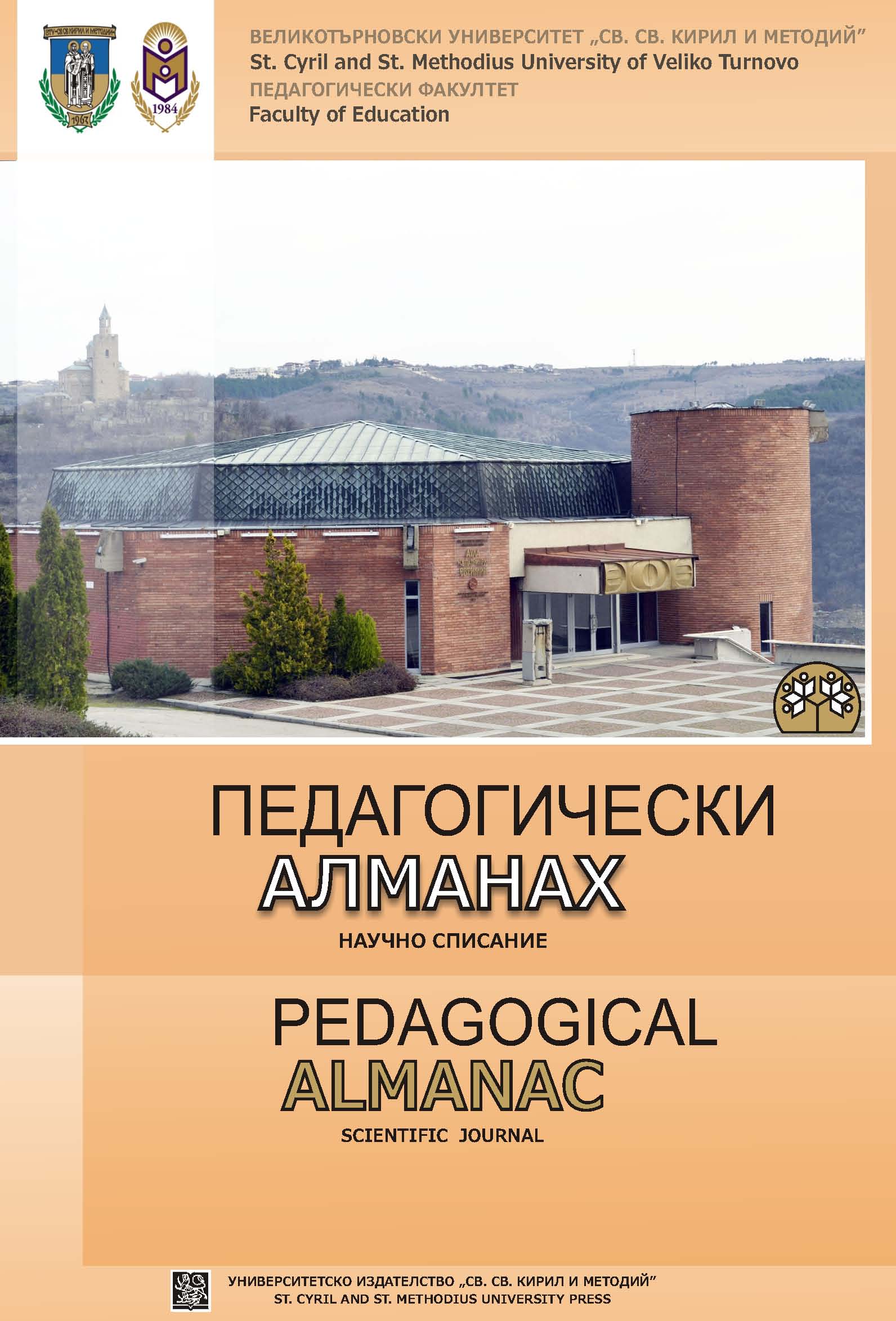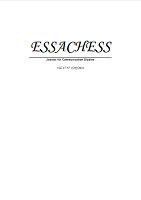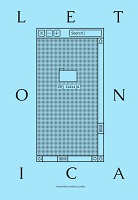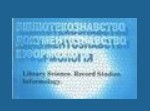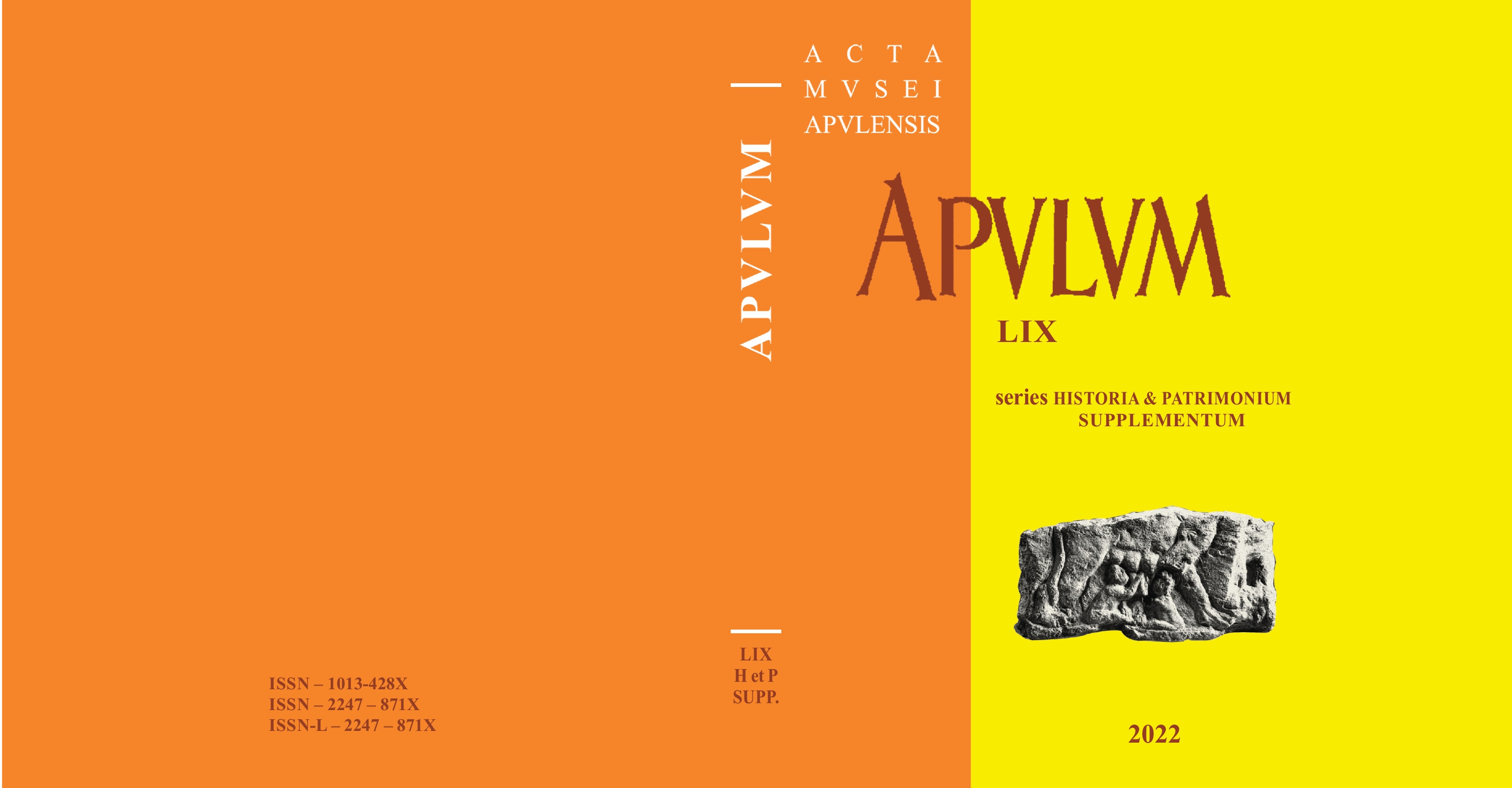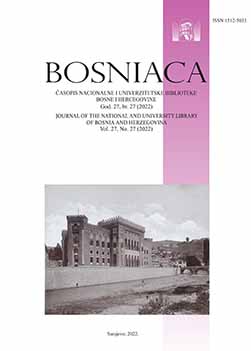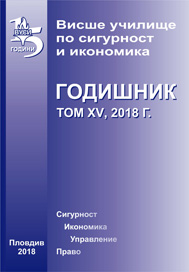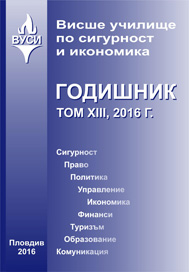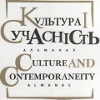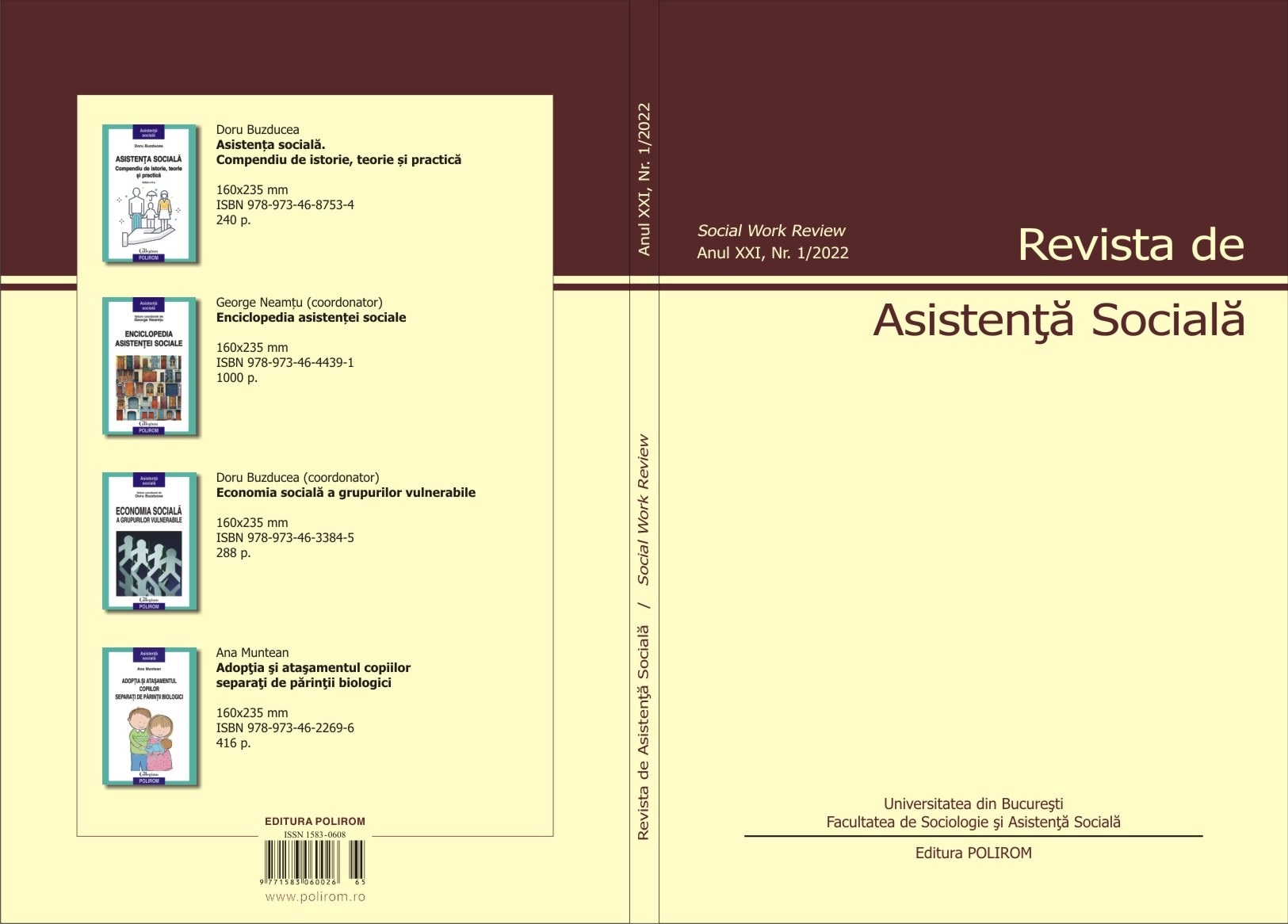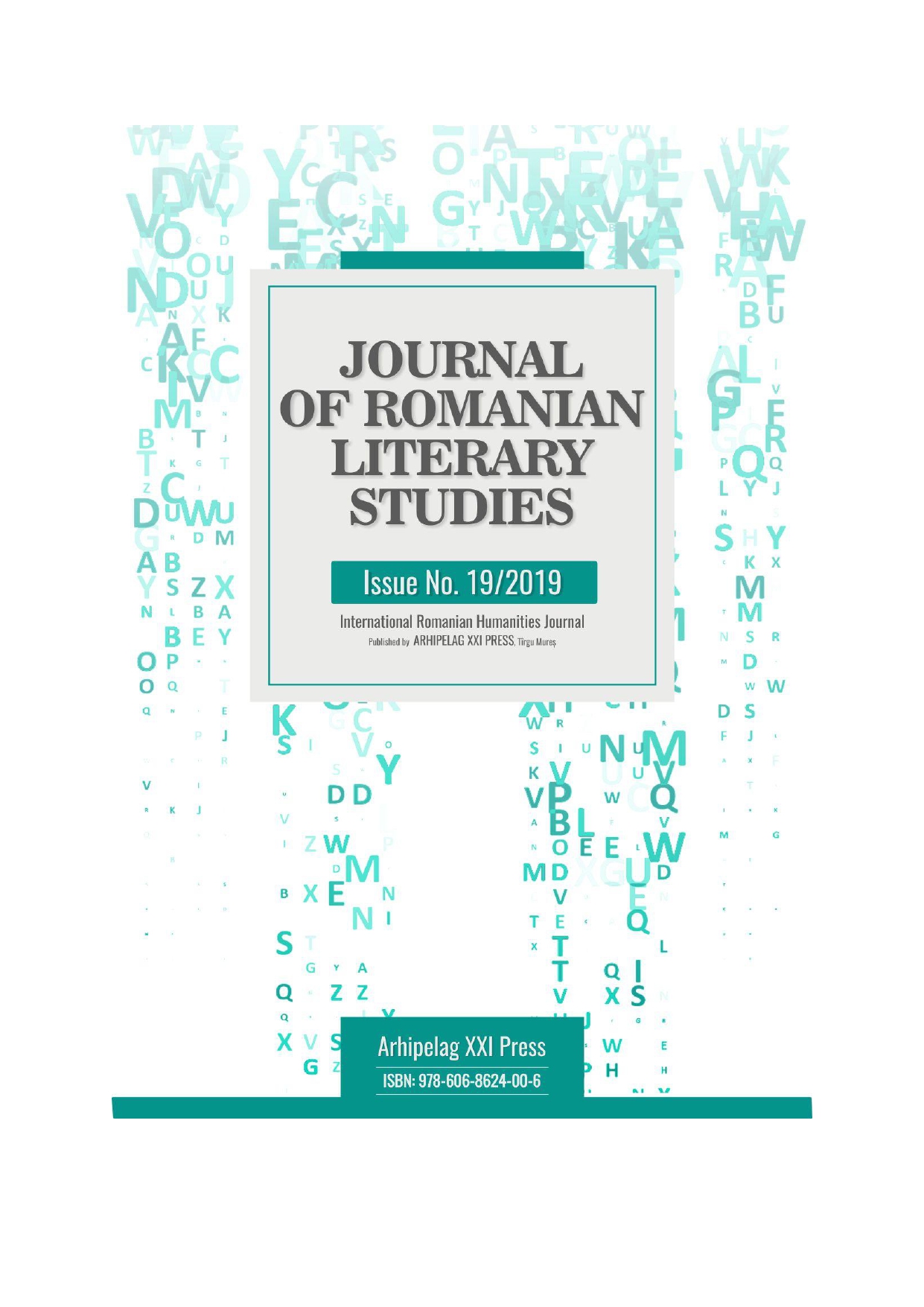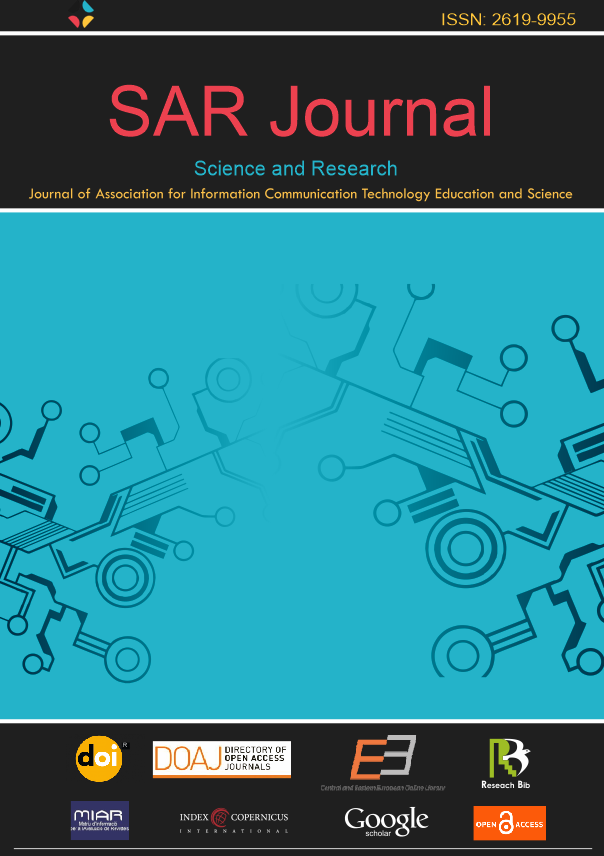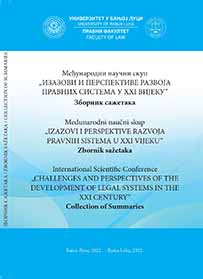Author(s): Viktoriia Dobrovolska,Ludmyla Cherednyk / Language(s): Ukrainian
Issue: 1/2023
itutions and the peculiarities of their innovative activities in the conditions of the digital society. Research methodology is based on the application of general scientific and special methods of cognition, in particular terminological, systemic approach, analysis, synthesis, logical method, method of visualisation of research results. Methods of content analysis, comparative and analytical monitoring of Internet resources of Ukrainian libraries have also been used. The scientific novelty consists in the expansion of ideas about the realities of the transformation of the activities of libraries and their entry into the socio-cultural space and the functioning of libraries in the conditions of the digital society. Conclusions. In the 21st century, in the conditions of the digital society, the activities of libraries are being transformed and they are becoming centres of not only scientific, but also socially significant information. Forms and types of work with users are changing. Among the new forms of user service, virtual exhibitions, online tours, presentations, video lectures, open access to digital collections have already become popular. Such innovative forms of work as book crossing, book trailer, bibliofresh, quest, library flash mob, information briefing, coworking, coaching are gaining momentum. Electronic libraries that can provide ubiquitous and round-the-clock access to documents of various formats (text, diagram, audio, video data) are becoming popular. World experience shows that an important step in the development of libraries and their provision of information needs of users is the mandatory creation of information-library networks, the search for and implementation of new forms of work. The introduction of the latest information technologies helps to create virtual libraries, blogs, pages in social networks.
More...
